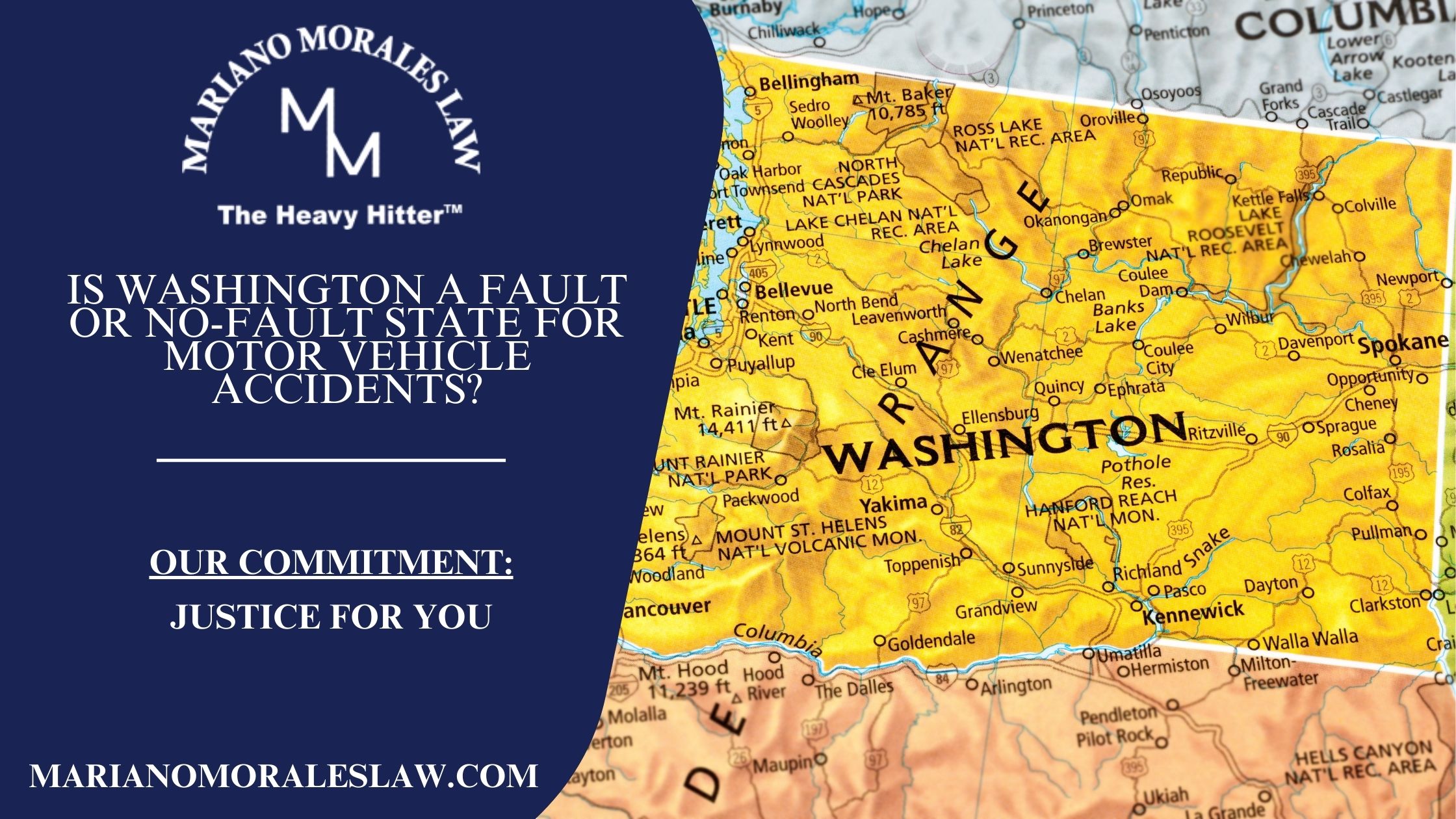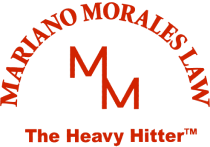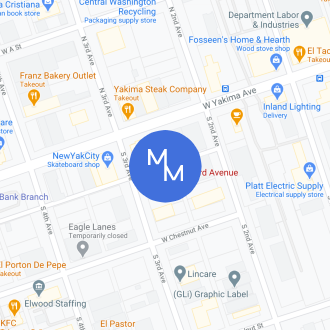
Car accident victims must navigate one of two systems when seeking compensation for their injuries. Some states use a no-fault system, where injured people must first go through their insurance companies to recover compensation. Others use a fault-based or tort system, which means victims file personal injury claims against the responsible party’s insurance company instead. Washington is a fault state.
What Does This Mean for You?
Here’s what you need to know about filing a car accident claim in a fault state like Washington:
The at-fault Driver Pays
When a motor vehicle accident occurs in Washington, the driver or other party determined to be at fault is liable, or legally responsible, for the injured person’s losses.
Insurance Coverage is Required
Car accidents can be incredibly expensive. Washington requires car owners to maintain auto liability insurance with coverage worth at least:
- $25,000 for bodily injury or death of one person in any one accident
- $50,000 for bodily injury or death of any two people in any one accident
- $10,000 for injury to or destruction of property of others in any one accident
Insurers Assign Blame
When you report a car crash to your insurer in Washington, an insurance adjuster will investigate to determine fault and what the insurer thinks the proper payout should be.
The injured party’s costs in a car crash typically include losses like medical bills, lost wages, pain and suffering, vehicle damage, and more. Compensation for fatal collisions includes funeral and burial costs. An insurance company considering your claim may:
- Pay your claim up to the limits of the policyholder’s coverage.
- Offer a settlement that is less than coverage limits allow.
- Deny their policyholder’s liability — and your claim.
Because insurers often deny claims or make lowball settlement offers, the Washington auto accident attorneys at Mariano Morales Law help car accident victims fight for the insurance payouts they deserve. Our legal team has over 30 years of experience investigating and proving fault. We can handle every aspect of your car accident case and demand maximum compensation for you.
Our skilled attorneys settle about 95 percent of our personal injury cases without ever filing a car accident lawsuit. But we always prepare each case as if it is going to trial. We are ready to take every claim to court if that’s what’s necessary to recover what our client is due.
Optional No-Fault Coverage
Around 12 U.S. states use a no-fault insurance system for car accidents. In a no-fault state, your own insurer pays for your car accident injuries. No-fault states require vehicle owners to maintain a minimum amount of personal injury protection coverage (PIP).
In Washington, PIP is optional. Your insurance company must offer it to you, and you must sign a waiver if you don’t want it.
A standard PIP policy covers:
- Medical and hospital expenses.Up to $10,000 for reasonable and necessary medical and hospital costs for each person injured in an auto accident. Additional coverage may be added to provide up to $35,000 for medical and hospital expenses.
- Funeral expenses. Up to $2,000 for each person who dies in a car wreck.
- Wage loss. Up to $200 per week ($10,000 total) as wage replacement for up to one year after a covered party has been disabled for 14 consecutive days following a crash. Additional coverage is available to provide income benefits of $700 per week ($35,000 total).
- Loss of services: Up to $200 per week ($5,000 total) to pay non-family members for work the injured party can’t do, such as household maintenance. Additional loss of services coverage can be added to increase the total benefit to $14,600.
PIP coverage applies to the vehicle(s) named on the policy and:
- The person named on the policy
- Household residents related by blood, marriage, or adoption
- Step- or foster children
- Any non-family passengers and pedestrians involved in an accident involving a covered vehicle
Insurance companies that provide PIP or other coverage have the same options as other insurance carriers to pay your car accident claim up to the policyholder’s coverage limits, offer to settle it for less, or deny it altogether. What you need to keep in mind is that an insurance adjuster working for a for-profit insurance company must look out for their employer’s bottom line, not your best interests.
Insurance adjusters use company records and actuarial statistics to determine the settlement amount for injuries like yours. But in reality, you can’t know what an injury will cost you until you have reached maximum medical improvement (your best possible level of recovery). You can bet that a first settlement offer from an insurance company is for much less than you deserve.
Never accept a settlement offer, give a recorded statement, or sign anything from an insurance company without talking to a car accident lawyer first. You could give up your right to full and fair compensation. And if an insurer denies a claim you believe is legit, you need to speak to an attorney as soon as possible.
Get Legal Help From Our Experienced Attorneys Near You
Insurance companies have the advantage in car accident cases and can make the process confusing and intimidating. But you do not have to pursue compensation alone. The law firm of Mariano Morales Law has over three decades of experience handling complex car accident cases in the Yakima Valley area and throughout Washington. We can provide no-hassle, no-headache services as we handle every aspect of your personal injury claim.
Ready to get started? Call (509) 853-2222 or use our online contact form to schedule your free consultation with one of our car accident lawyers in Yakima. We take cases from Yakima, Wenatchee, Grant County, Chelan County, the Tri-Cities of Richland, Pasco, and Kennewick, and across Washington.


